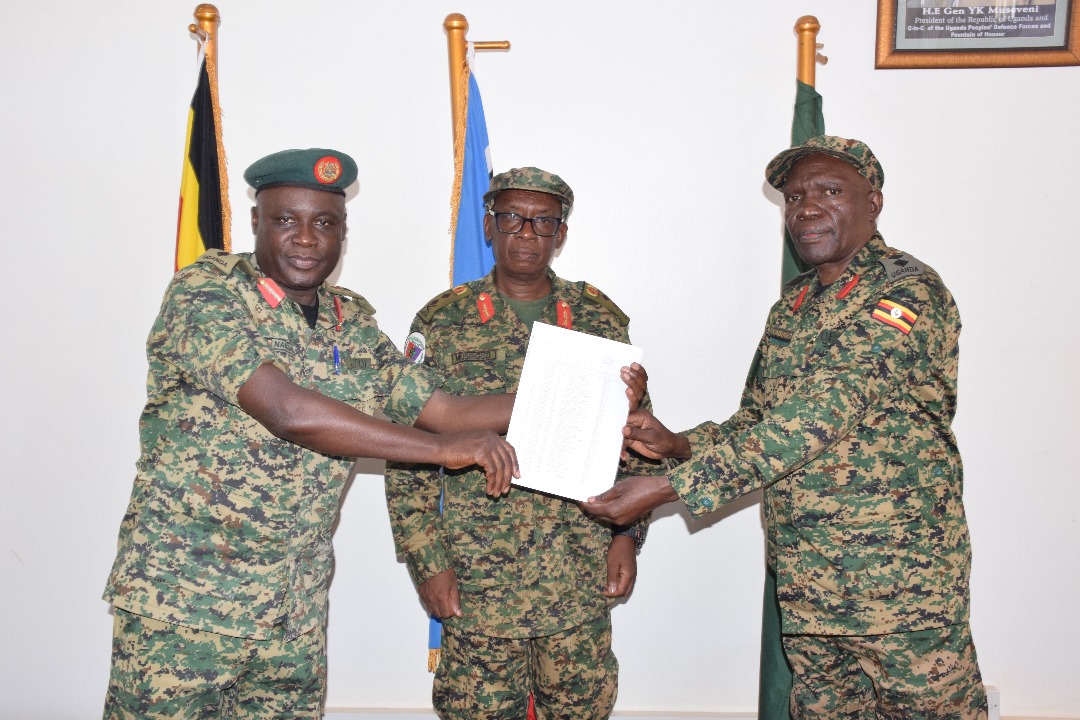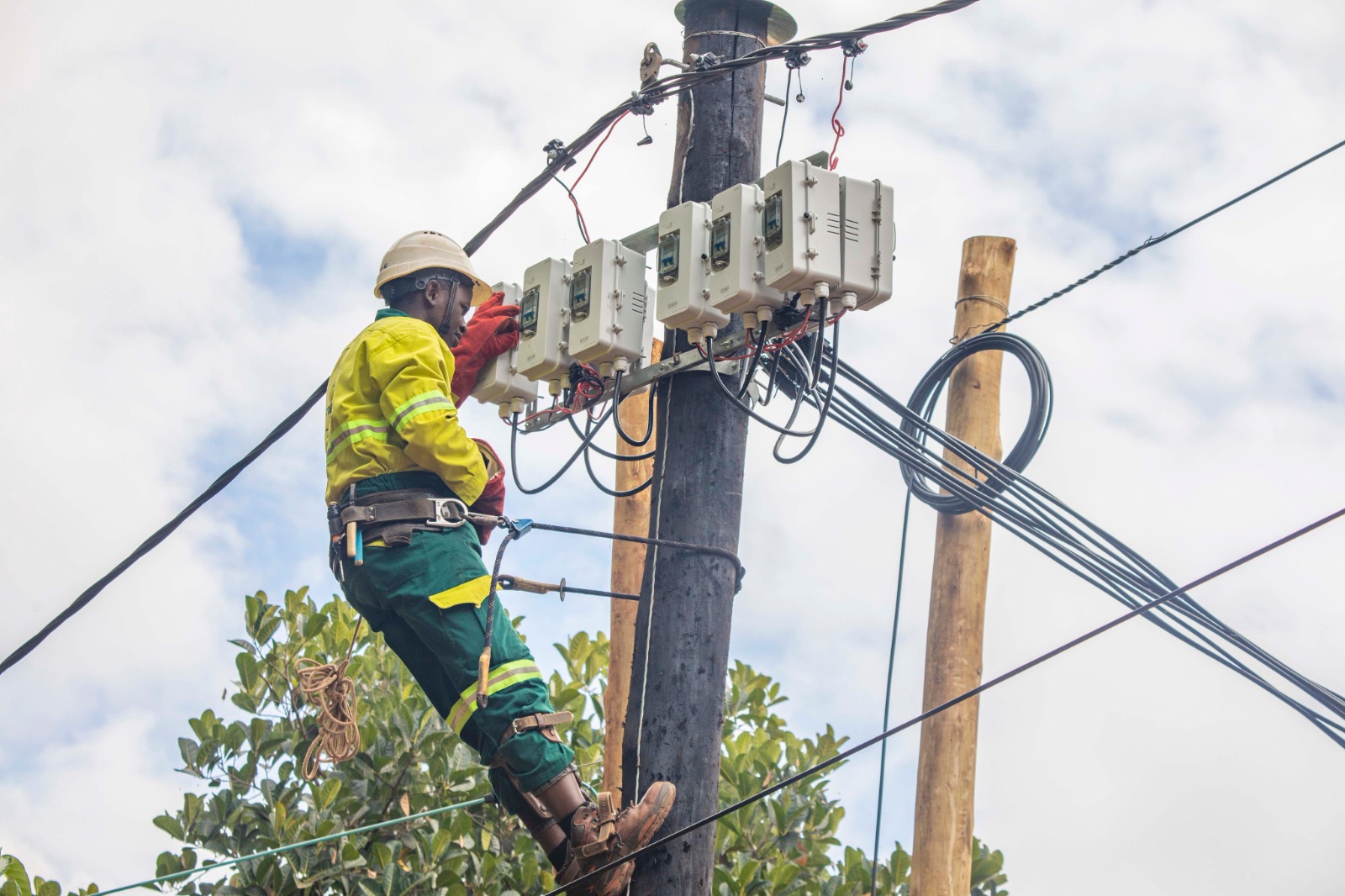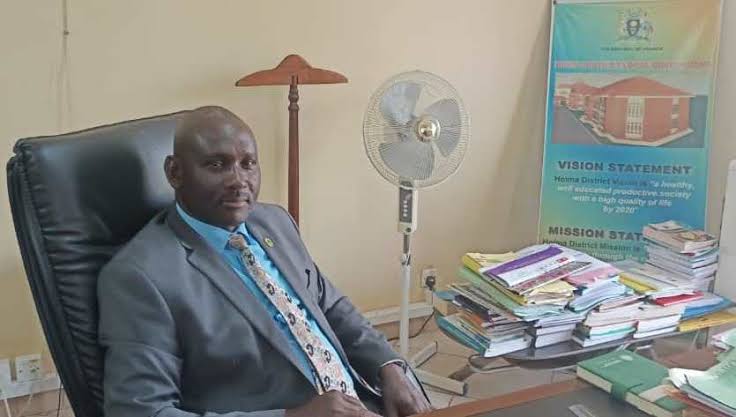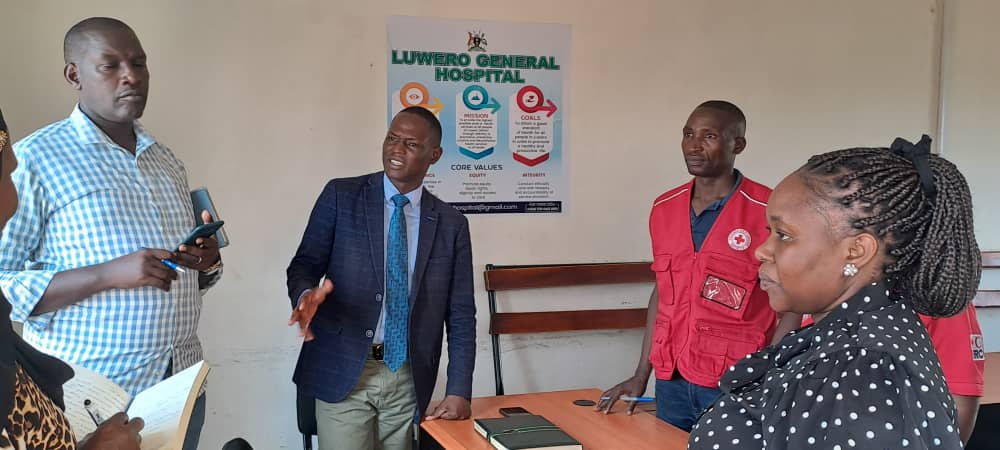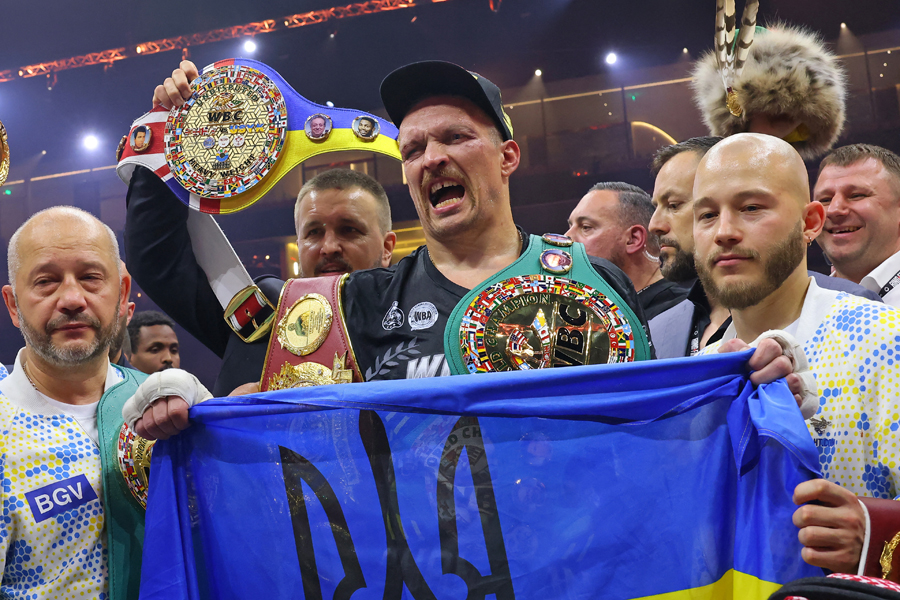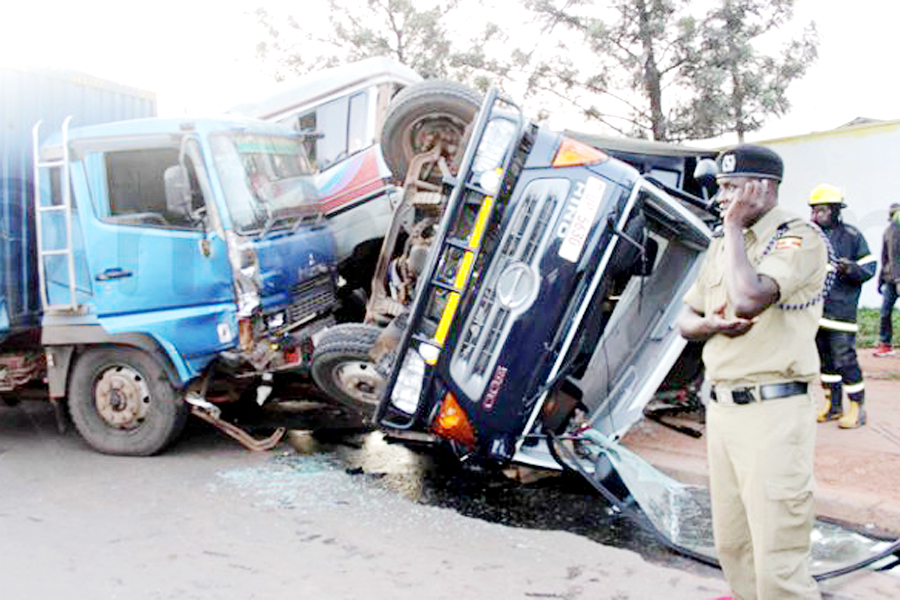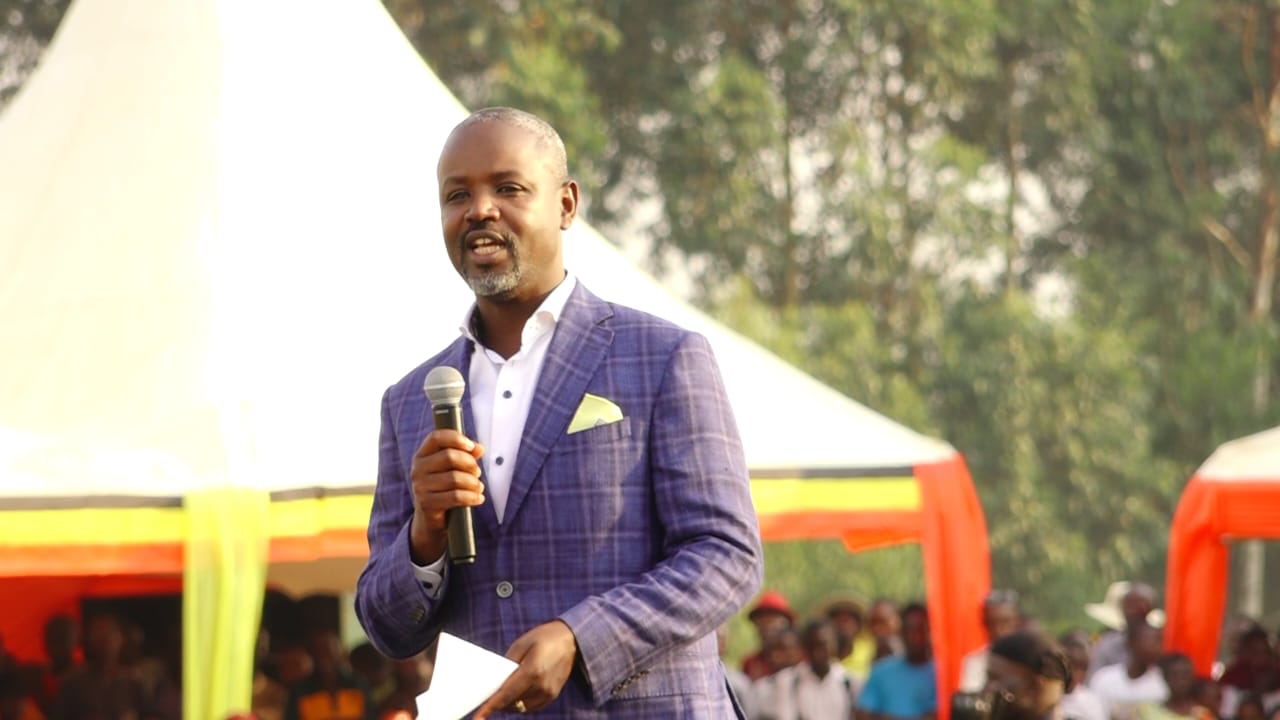Stakeholders launch campaign against illicit financial flows in Africa
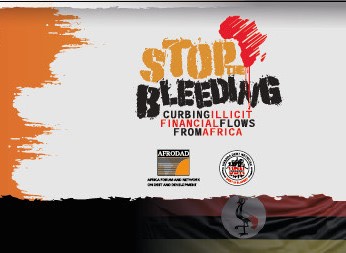
The African Forum and Network on Debt and Development (AFRODAD) has together with other stakeholders launched a campaign named "stop the bleeding" aimed at curbing illicit financial flows in Africa.
According to AFRODAD, the African continent loses $80 billion annually under illicit financial flow.
In Uganda alone, illicit financial flows continue to plague the economy, a loss that the Advocates Coalition for Development and Environment (ACODE) and Global Financial Integrity (GFI) estimate to be in excess of shs 2 trillion annually.
This universal problem manifests broadly as movement of money that is illegally earned, acquired, transferred, or utilized from one country to another.
Jason Braganza the executive director of AFRODAD said that it is from this background that they have launched the campaign to curb illicit financial flows.
"The continent is bleeding and we must stop it. It is bleeding metaphorically and in the literal sense, because of the resources that are leaving the continent that could be used to invest in our people," said Braganza.
Key types of illicit financial flows include grand corruption, organised crime, trade miss invoicing, smuggling, trafficking in minerals and world life trafficking.
According to Christine Byiringiro , the program Manager at Uganda debt network, failure to address illicit financial flows will weaken public services and will increase on the debt burden not only in Uganda but also other African countries
‘"We have been concerned about illicit financial flows because, when they are in place, we see them as a way of increasing the debt burden because resources that would have stayed in the country to develop the economy by contributing to the revenues are syphoned out of the country. I want to see the government come out and be strongly strict on illicit businesses because it has the ability," Byiringiro said.
This campaign, according Jason Braganza, will re-mobilize political leaders to understand that illicit financial flows and debt burden have a direct impact on citizens and that it affects them in decision making.
"I was in Washington DC discussing with IMF earlier this year, the African ministers of finance had no time for each other but rather before IMF asking for money not for developing their countries but for paying debts, so we need this political mobilization in this debt campaign.’’
The UN Office on Drugs and Crime (UNODC), in its Strategic Vision for Africa 2030 launched in February 2021, notes that illicit financial flows remain a key impediment to Africa’s attainment of the 2030 Agenda and the African Union Agenda 2063.
Given the multidimensional and transnational nature of illicit financial flows, significant domestic resources illicitly acquired and channeled out pose a continent wide development challenge.
Stemming the inflow and outflow of money laundering linked to terrorism, organized crime, corruption and other crimes would make a significant contribution to economic growth, the vision states.
FACTI report states, noting that tackling these leakages would enable developing countries to provide their citizens with basic social services, such as adequate water, sanitation, electricity healthcare, and housing.
Curbing illicit financial flows according to UNCTAD, could almost halve the $200 billion annual financing gap Africa faces to achieve the sustainable development goals (SDGs).



